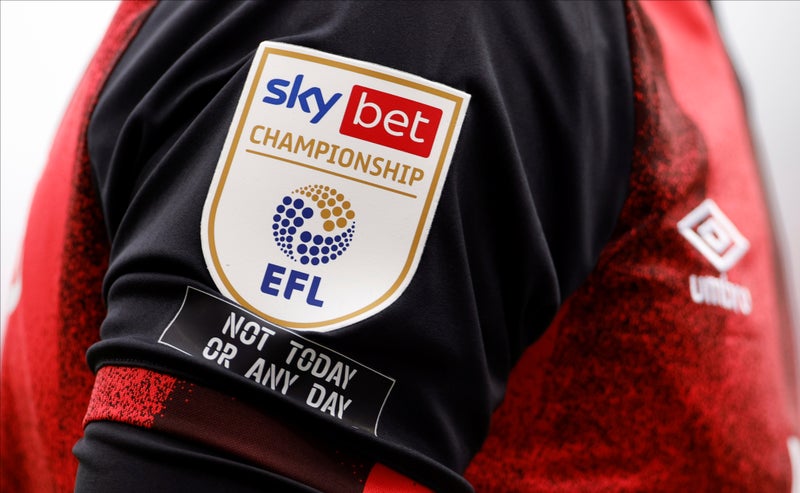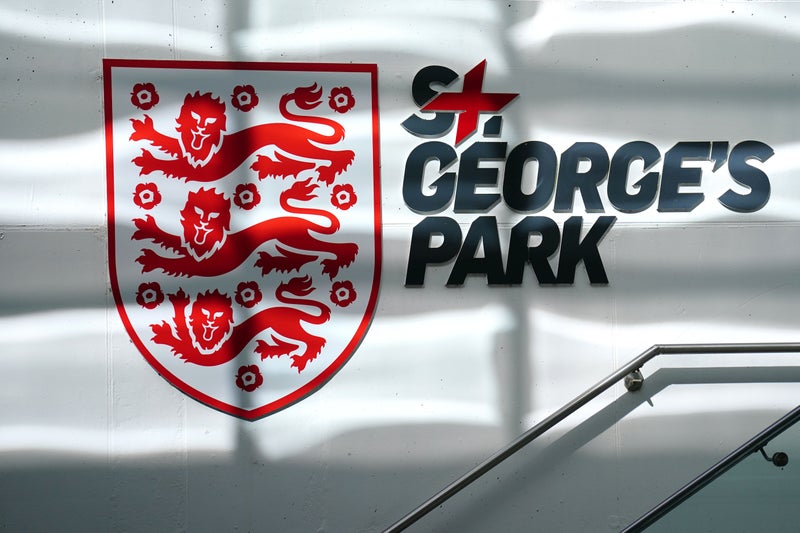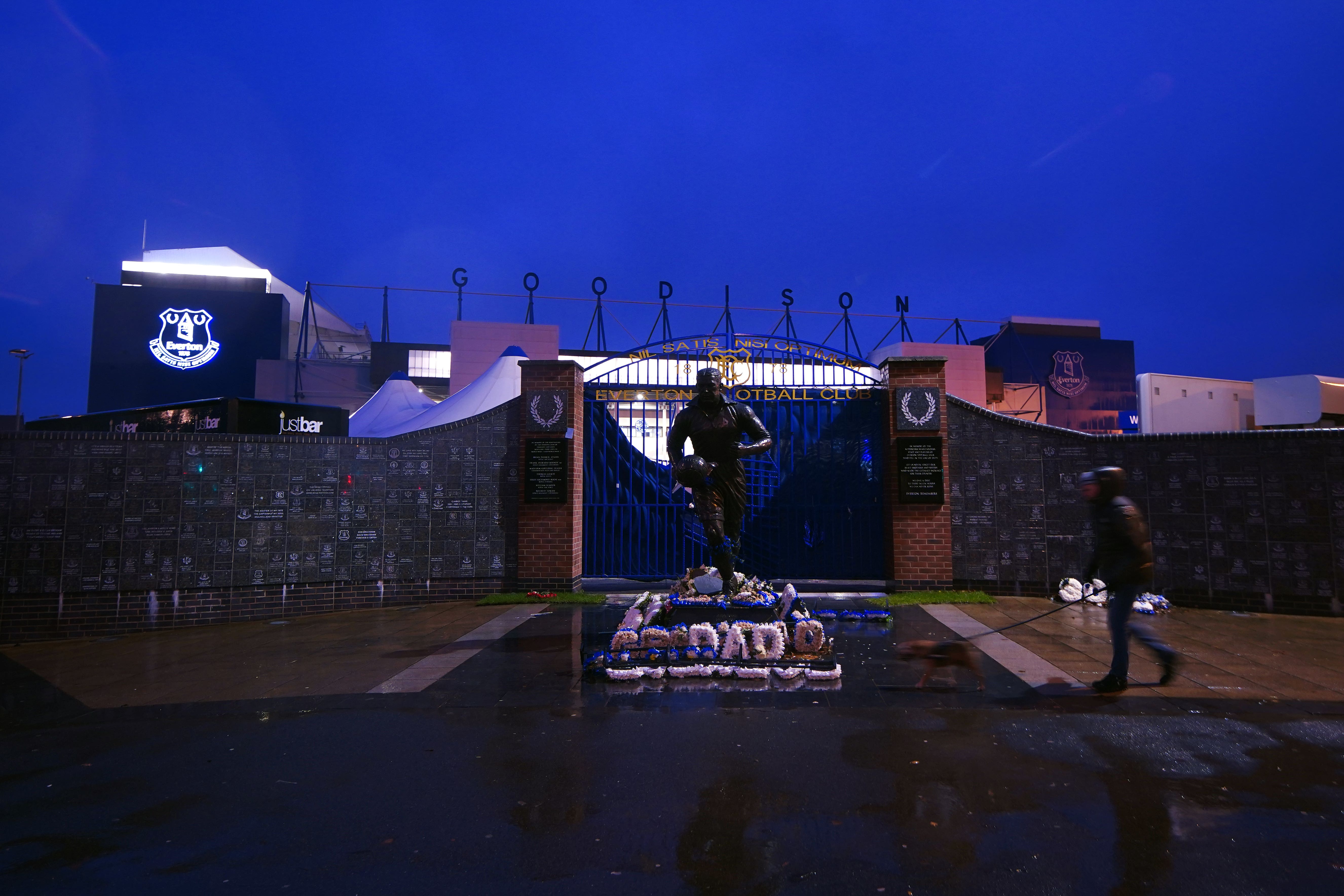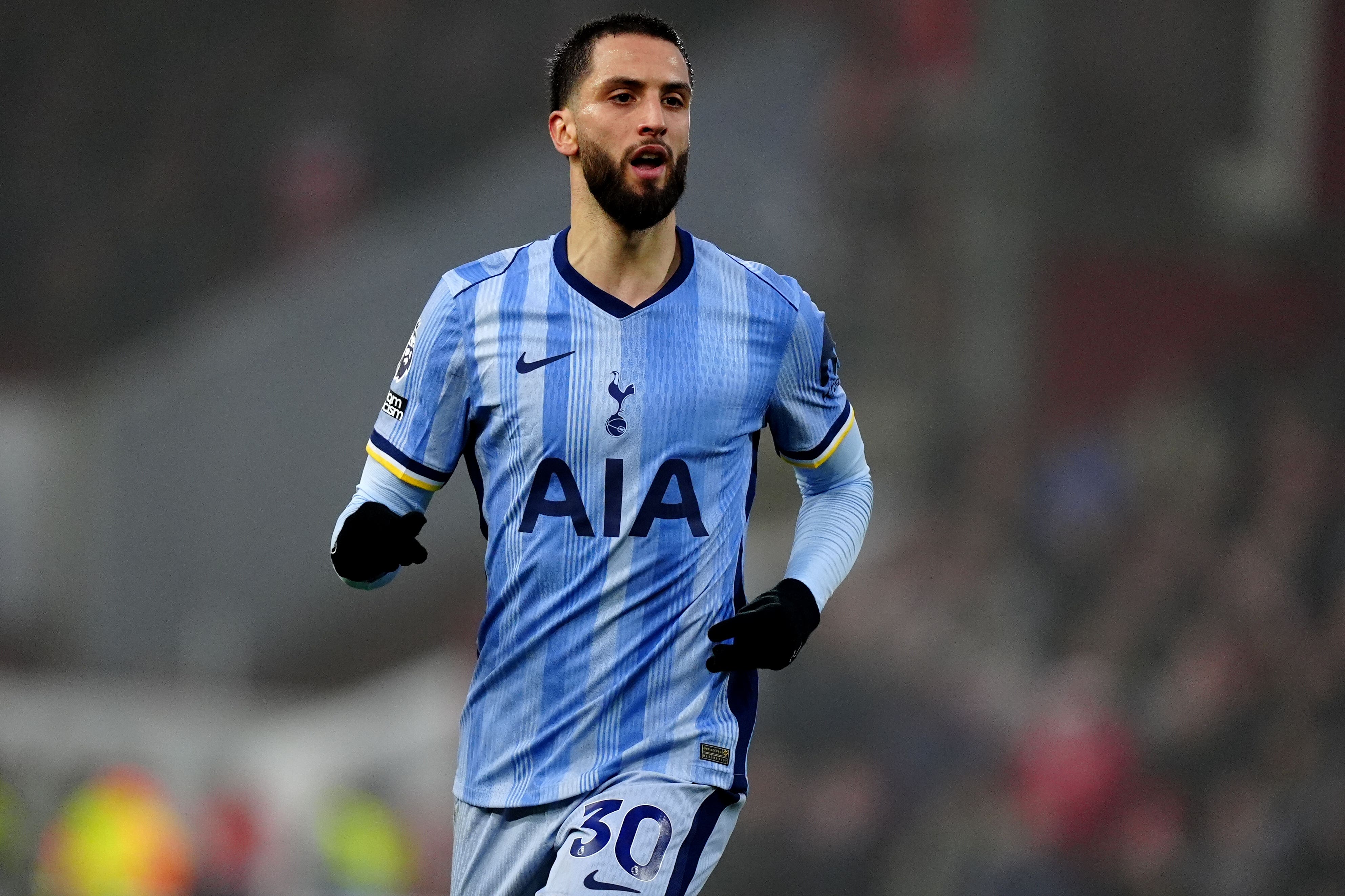Why US billionaires and ‘tech bros’ are betting big on lower-league football
Why US billionaires and ‘tech bros’ are betting big on lower-league football
Share:
As the FA Cup fourth round plays host to the romance of England’s football pyramid, the attraction of striking gold and cracking the top has never been stronger for a new wave of investors, writes Miguel Delaney. For all the debate about the FA Cup’s modern appeal, this weekend’s fourth round will attract invested viewers from as lucrative an audience as you can get: America’s one per cent. They will be keenly watching some of the lower-league clubs, and part of that is romance. A much larger part, however, is how that romance can be monetised.
![[Tom Brady, seen above with David Beckham, has served as the public face of Birmingham’s US backers]](https://static.independent.co.uk/2025/02/06/13/09/GettyImages-2172464507.jpeg)
The wider English pyramid is currently seeing an explosion of interest from American billionaires and “institutional money”. This weekend’s fourth round has four EFL clubs under such ownership, and they make up a total of 19 out of 72, with stakes even extending into the National League. It is now such a prominent trend that there’s an entirely separate industry of consultants, specifically advising on investments. Those who work in the area talk of how high-wealth and high-profile individuals ask questions about buying clubs you would never expect, with some even stating “the lower down the pyramid” or “the quirkier the name” the better. “You could do great things on TikTok,” was one line.
![[Rob McElhenney and Ryan Reynolds changed the game with their documentary series, ‘Welcome to Wrexham’]](https://static.independent.co.uk/2025/02/06/13/43/GettyImages-1484215678.jpeg)
Some of that is directly influenced by the most obvious examples at Wrexham and Birmingham City, the latter of whom face Newcastle United on Saturday. That tie could feasibly but absurdly be billed as Tom Brady against Mohammed bin Salman, which reflects how there is something bigger going on. It is connected to the wider forces shaping modern football, and how it is being pulled between the twin poles of New York and the Gulf. States largely desire the political capital of the sport, while US business wants the financial capital. You only have to look at how much of football is going to be centred in the US over the next few years, from the Premier League’s Summer Series to the 2026 World Cup.
![[The value of Ipswich rocketed after back-to-back promotions to the Premier League]](https://static.independent.co.uk/2025/02/06/13/19/GettyImages-2151422784.jpeg)
What is so distinctive is how so much of that interest is now being channelled back into the earthiest area of the game, where historic old English stadiums feel so far removed from corporate boardrooms. Rival clubs have quipped about seeing “tech bros” – inevitably dressed in suits, baseball caps and trainers – at some stadiums, as well as celebrities. If that doesn’t quite mean it’s changing the face of the game, the fabric is being pulled. A WhatsApp group of US ownerships has of course been created, prompted by concerns over marketing. The prospect of playing a Birmingham-Wrexham fixture in the States has predictably been raised.
![[Birmingham broke the League One transfer record to sign Jay Stansfield in a bid to bounce back to the Championship]](https://static.independent.co.uk/2025/02/06/13/00/GettyImages-2149407874.jpeg)
That culture clash makes it easy to fall into cliche with this subject, a dangerous inclination when the team at the very top of the pyramid are US-owned in Liverpool, and Ipswich Town’s private equity owners have multiplied their investment by rising out of the EFL. Other US owners are frustrated that so much of the focus is on Wrexham and Birmingham. The different profiles show how wrong it is to generalise. Some, like at Leyton Orient and Plymouth, are ex-pats who were genuine supporters. But there is still one aspect that links them to the less obvious plans at Crawley Town or Swansea City, beyond their passport. These clubs are cheap, but have the potential to rise in an industry that has a truly global scale. That can bring huge returns, or even the possibility of quickly “flipping” the “asset”.
While serious American investment in European football is now 20 years old, going back to the Glazers, it was the Covid-19 pandemic that properly attuned that sphere to the opportunities much lower down the pyramid. There was a realisation of how robust football really was. As one executive said in this writer’s book, States of Play, “you couldn’t go to a family funeral but there was Fulham against West Brom”. The pandemic showed that the football industry was “bulletproof”, armoured by the long-term cash flows of broadcast contracts that few sectors could match. That made it a safe place to put money, amid low interest rates. Even more crucially, there was an opportunity to go with that security.
These were levels just below the world-famous Premier League, and all of its sustainable mega-income. It is a potential trapdoor entry into the biggest show around, and that for prices far, far lower than in American sport. That explains why there has been such particular focus on the English pyramid, to go with how Wrexham’s documentary has popularised the level’s authenticity. Everyone wants to be a Wrexham, but then everyone also wants to do an Ipswich.
So many investors are seeing that potential for expansion, both in terms of promotion and the sport’s burgeoning popularity in the huge US market itself. Ipswich show how productively that can go, with the club’s success seemingly vindicating the many people in the financial sphere who feel that there can be an immediate reward from applying responsible business methods to the perceived chaos of football.






















